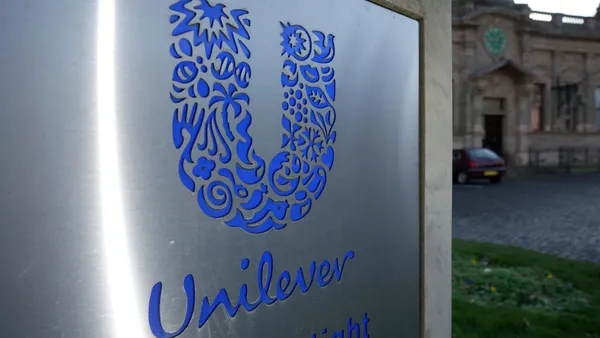Buzz about the Ebola virus has been impossible to escape recently. It’s not just the media and government officials either –even some brands have tried to capitalize on the attention.
The virus – originating in parts of Central Africa and southern Sudan in 1976 – has seen a recent outbreak, largely in West Africa, that has the world uneasy. Most brands have kept their distance or just offered their support for victims. However, a few others have crossed into gray territory of attempting to take advantage of hot button issue for a shot at publicity.
Although there have only been four cases of Ebola reported in the U.S., the news has been covering the cases nonstop forming a bit of a frenzy.
The buzz around Ebola has inspired some marketing campaigns and given marketers a giant lesson in what not to do.
Ebola inspired products
A wide variety of retailers have jumped on the band wagon with Ebola themed products including a plush toy of the virus spaghetti like strain, Ebola patterned neckties, as well as t-shirts and mugs with phrases like “Ebola: Third World Tour” and “Life is Just Ebola Cherries.” This Halloween season, there was even a ‘sexy Ebola containment suit' costume, which received quite a bit of backlash in the media.
While it’s normal to want to poke fun at hot news topics, it seems like these products stretch the fun a bit too far – considering the death toll and frenzy.
Marketing itself as a cure
Other companies are jumping up to offer solutions and cures. Young Living Essential Oils received a letter from the FDA warning the company to stop marketing its products as cures or prevention for the Ebola virus. It seems to have since been removed, but at one point Young Living had a blog up urging users to protect themselves from Ebola by utilizing certain essential oils.
Along the same lines, disinfected brand Lysol recently received major media attention for its tactics in trying to cash in on Ebola fear. Vice’s Motherboard reported last week that the brand had purchased the Google search ad for the term “Ebola.” Searchers who click on the Lysol ads are directed to an “Ebola Update” portal that suggest interested parties check with the Center for Disease Control for updates. This portal infers that since Lysol is a medical grade disinfectant that kills viruses, it can combat Ebola as well.
The truth is that, according to communications representative at Lysol parent company Reckitt Benckiser, Lysol hasn’t been tested for its effectiveness against Ebola at all. That knowledge makes Lysol’s campaign not only in bad taste, but also misleading and potentially dangerous.
It hasn’t been all bad
Shoanna Clarke Solomon, a Monrovia-based photographer and television host, has launched “I am a Liberian, not a virus,” campaign to fight back against discrimination some West Africans have been facing, The campaign is working to help lift the stigma of those countries most affected by Ebola like Sierra Leone, Guinea, Nigeria, and Liberia.
Solomon released the video “I’m a Liberian, not a virus,” to help spread the message. The sentiment is correct although it could work negatively by drawing attention to the fact that Liberia has been a central location to the outbreak.












